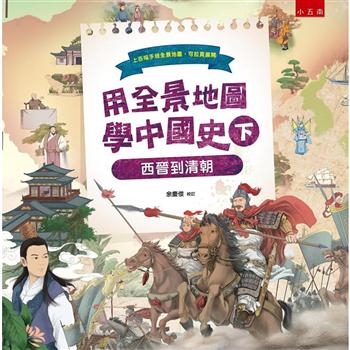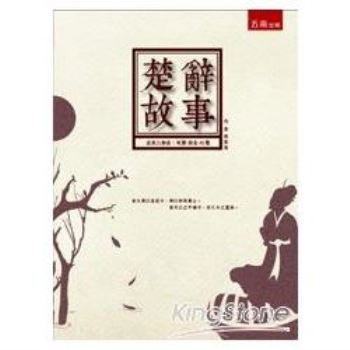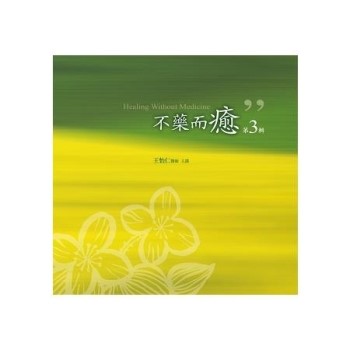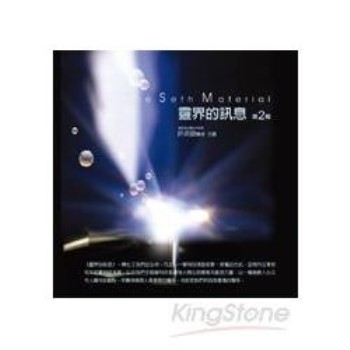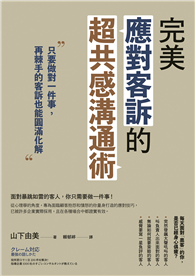A comprehensive and authoritative introduction to China’s political history, contemporary political system, and key policy areas, such as the environment, population management, and public health.
Politics in China is an authoritative introduction to how the world’s second most populous nation and rapidly rising global power is governed today. Written by leading China scholars, each chapter offers an accessible overview of a key topic in Chinese politics. The opening section provides readers with a firm grounding in China’s modern political history, covering the decline and fall of the last imperial dynasty and the rise to power of the Chinese Communist Party (CCP), and the radicalism of the era of Mao Zedong (1949-76), the dramatic economic reforms carried out by Deng Xiaoping and his disciples (1978 to 2012) and the era of Xi Jinping (2012-present), who has consolidated more personal power than any CCP leader since Mao.The next section sets the framework of politics in the People’s Republic of China (PRC) with chapters on the ideology of the CCP, the structure and dynamics of the political system, the role of law and legal reform, and the policies behind the country’s spectacular economic transformation. The book then shifts to a discussion of a series of major political issues in China today: reform and resistance in the countryside; changes and challenges in the cities; the arts and culture; the environment and climate change; public health; population policy; and internet politics. The final chapters of the book covers politics in four important areas located on China’s geographic periphery: Tibet, Xinjiang, Hong Kong, and Taiwan. The fourth edition of Politics in China has been thoroughly updated and includes a new chapter on the rise and rule of Xi Jinping. It is essential reading not only for students studying the PRC, but also for any reader interested in learning how China has evolved in recent times, how its political system works, and about the most important challenges it faces in years ahead.| FindBook |
有 1 項符合
Politics in China: An Introduction, 4th Edition的圖書 |
 |
Politics in China: An Introduction, 4th Edition 出版社:Oxford University Press, USA 出版日期:2024-08-02 語言:英文 規格:平裝 / 688頁 / 普通級/ 初版 |
| 圖書館借閱 |
| 國家圖書館 | 全國圖書書目資訊網 | 國立公共資訊圖書館 | 電子書服務平台 | MetaCat 跨館整合查詢 |
| 臺北市立圖書館 | 新北市立圖書館 | 基隆市公共圖書館 | 桃園市立圖書館 | 新竹縣公共圖書館 |
| 苗栗縣立圖書館 | 臺中市立圖書館 | 彰化縣公共圖書館 | 南投縣文化局 | 雲林縣公共圖書館 |
| 嘉義縣圖書館 | 臺南市立圖書館 | 高雄市立圖書館 | 屏東縣公共圖書館 | 宜蘭縣公共圖書館 |
| 花蓮縣文化局 | 臺東縣文化處 |
|
|
圖書介紹 - 資料來源:博客來 評分:
圖書名稱:Politics in China: An Introduction, 4th Edition
內容簡介
作者簡介
William A. Joseph is Professor of Political Science at Wellesley College and an Associate in Research of the John King Fairbank Center for Chinese Studies at Harvard University. He is the author of The Critique of Ultra-Leftism in China (1984) and editor or coeditor of New Perspectives on the Cultural Revolution (1991), China Briefing (1991, 1992, 1994, 1997), The Oxford Companion to Politics of the World (2nd ed., 2001), and Introduction to Comparative Politics: Political Challenges and Changing Agendas (8th ed., 2018).
|
